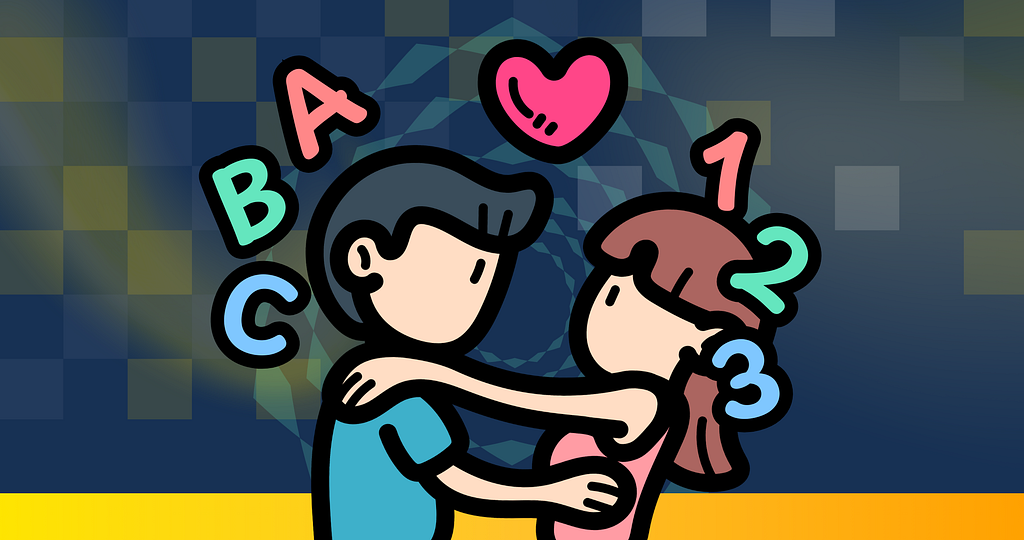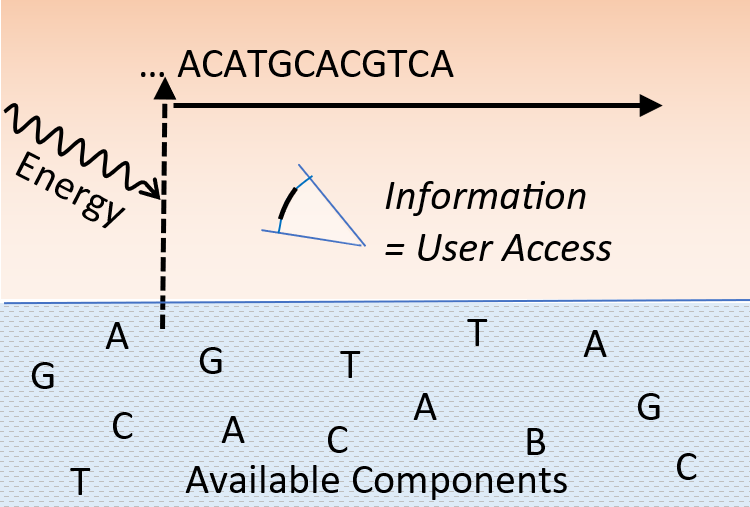ABC announced "AI and the Future of Us: An Oprah Winfrey Special" featuring tech industry figures like OpenAI CEO Sam Altman. Critics question guest list and framing of the show, calling it an extended sales pitch for the generative AI industry.
Summary: Explore six unique encoding methods for categorical data in machine learning to bridge the gap between descriptive labels and numerical algorithms. Proper encoding is crucial for preserving data integrity and optimizing model performance.
Tony Blair discusses leadership, emphasizing the importance of experience and humility in governance. He warns against hubris and highlights the evolution of effective leadership over time.
Researchers from MIT and other institutions developed a tool called the Data Provenance Explorer to improve data transparency for AI models, addressing legal and ethical concerns. The tool helps practitioners select training datasets that fit their model's intended purpose, potentially enhancing AI accuracy in real-world applications.
Alexander Grothendieck's metaphysical theories intrigue, despite his reclusive nature. A surprising encounter in a French hamlet sparks curiosity and wonder.
Robert, a 19-year-old aspiring engineer, questions the value of his degree due to AI advancements threatening future job prospects. The Modern Mind features experts discussing mental health issues, shedding light on the impact of technological advancements on career choices.
Winnow binary classification is designed for binary variables. A demo using Congressional Voting Records dataset shows its simple yet effective approach.
OpenAI's ChatGPT sees 200M weekly users, doubling since Nov 2023. 92% of Fortune 500 companies now utilize OpenAI's generative AI tools, despite skepticism.
Crafting prompts is key to maximizing generative AI capabilities. Learn about advanced techniques in prompt engineering using Amazon Bedrock.
Sinister Alexa upgrade terrorizes family in hokey AI horror film AfrAId, a rushed jumble of half-ideas. Sony skips press screening for fear of critical drubbing, as movie tracks to make $5-7m in lackluster Labor Day weekend.
A comparison of kNN, LR, NN, and AB for binary classification revealed insights on predictive power, ease of training, and interpretability. Experiments with the UCI Email Spam Dataset showed LR and NN outperforming kNN and AB in accuracy.
California bill mandates AI model testing, safety protocol disclosure to prevent catastrophic risks like electric grid sabotage. Governor Gavin Newsom to decide on groundbreaking legislation by end of September, amid warnings against AI overregulation.
New law of infodynamics could revolutionize genomic research, evolutionary biology, and computing. SLID reveals how complex systems process information, with implications for analytical models and the evolution of viruses.
2024: Rise of new generation agents like MultiOn, LangGraph, and LlamaIndex Workflows. Second-gen agents offer structured paths for more powerful capabilities, moving away from the failed ReAct agents.
Nvidia's revenue doubles to £23bn, but concerns arise over AI chip delays. Investors spooked by slowing growth signals.















